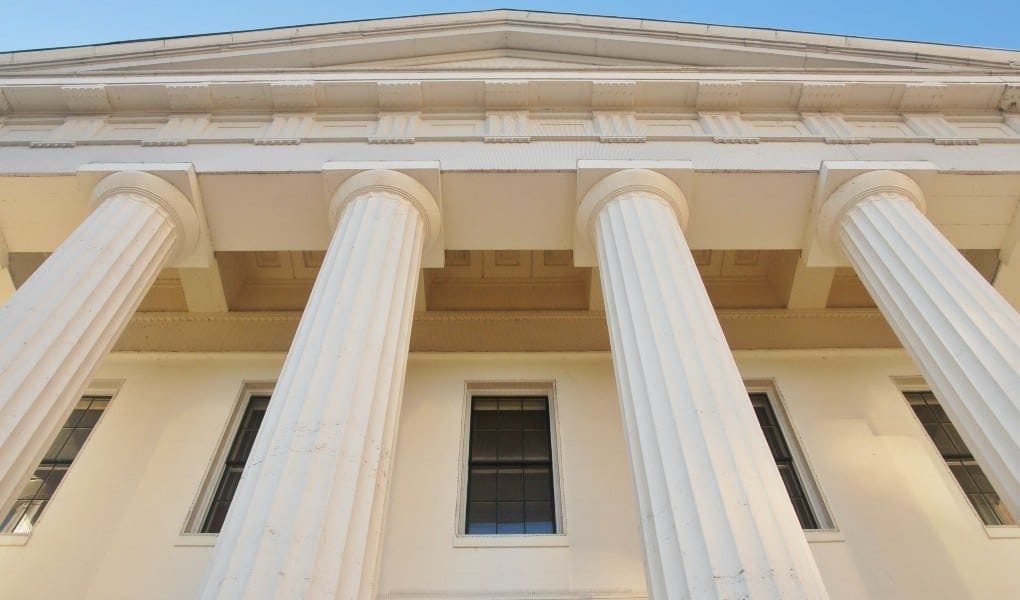Rule 26, Federal Rules of Civil Procedure: A Disclosure Guide for Expert Witnesses
Rule 26 of the Federal Rules of Civil Procedure (FRCP 26) provides a basic outline for expert witness reports that can be helpful for a first-time expert to review.
Updated on
Federal Rules of Civil Procedure’s Rule 26 and the Duty to Disclose
Overall, the Rules can provide information about proceedings that may help orient an expert witness to the process.
Rule 26 covers a number of details related to the parties’ duty to disclose certain information to one another. This rule includes the responsibility for the disclosure of witnesses, including information about witnesses each party intends to call at trial.
In Rule 26(a)(2), the Federal Rules of Civil Procedure provide rules for disclosing expert witnesses. Subsection (A) creates a duty to disclose “the identity of any witness [a party] may use at trial to present evidence under Federal Rule of Evidence 702, 703 or 705.”
Because 26(a)(2) specifies “any witness [a party] may use at trial,” it may not apply to every expert. For example, an attorney may consult with an expert for the attorney’s education or information. Under this rule, this may not be an expert the FRCP requires attorneys to disclose.
What Expert Reports Need, According to Rule 26
Rule 26(a)(2)(B) requires that expert witnesses who attorneys disclose must also provide a written report with the disclosure “if the witness is one retained or specially employed to provide expert testimony in the case or one whose duties as the party’s employee regularly involve giving expert testimony.” The Rule requires this expert report to contain certain information, including:
- A complete statement of all opinions the witness will express and the basis and reasons for them
- The facts or data considered by the witness in forming them
- Any exhibits the expert will use to summarize or support opinions and/or facts
- The witness’s qualifications, including a list of all publications authored in the previous 10 years
- A list of all other cases in which, during the previous 4 years, the witness testified as an expert at trial or by deposition
- A statement outlining the compensation the expert will receive for consultations and testimony rendered during the course of the case
The court may determine a written report is not necessary. Nevertheless, the disclosure must include a description of the subject matter on which the expert will testify. The disclosure must also include a summary of the expected facts and opinions the expert will address in their testimony.
Frequently Asked Questions
What is Rule 26 of the Federal Rules of Civil Procedure?
Rule 26 of the Federal Rules of Civil Procedure requires parties to disclose certain information to one another, including the identities of witnesses they intend to call at trial, and establishes specific requirements for disclosing expert witnesses and their reports.
What information must be disclosed for expert witnesses under Rule 26?
Expert witnesses must disclose their identity, a written report (if applicable), a complete statement of opinions, the facts or data considered, any exhibits, qualifications, a list of previous cases, and compensation details. If a report is not necessary, a description of the subject matter and a summary of expected facts and opinions are still required.
How do I prepare an expert report according to Rule 26 requirements?
Prepare an expert report according to Rule 26 by including a complete statement of opinions, the facts or data considered, any supporting exhibits, the witness's qualifications, a list of previous expert testimony, and a statement of compensation, as required by Rule 26(a)(2)(B). If a written report is not necessary, provide a description of the subject matter and a summary of expected facts and opinions.


